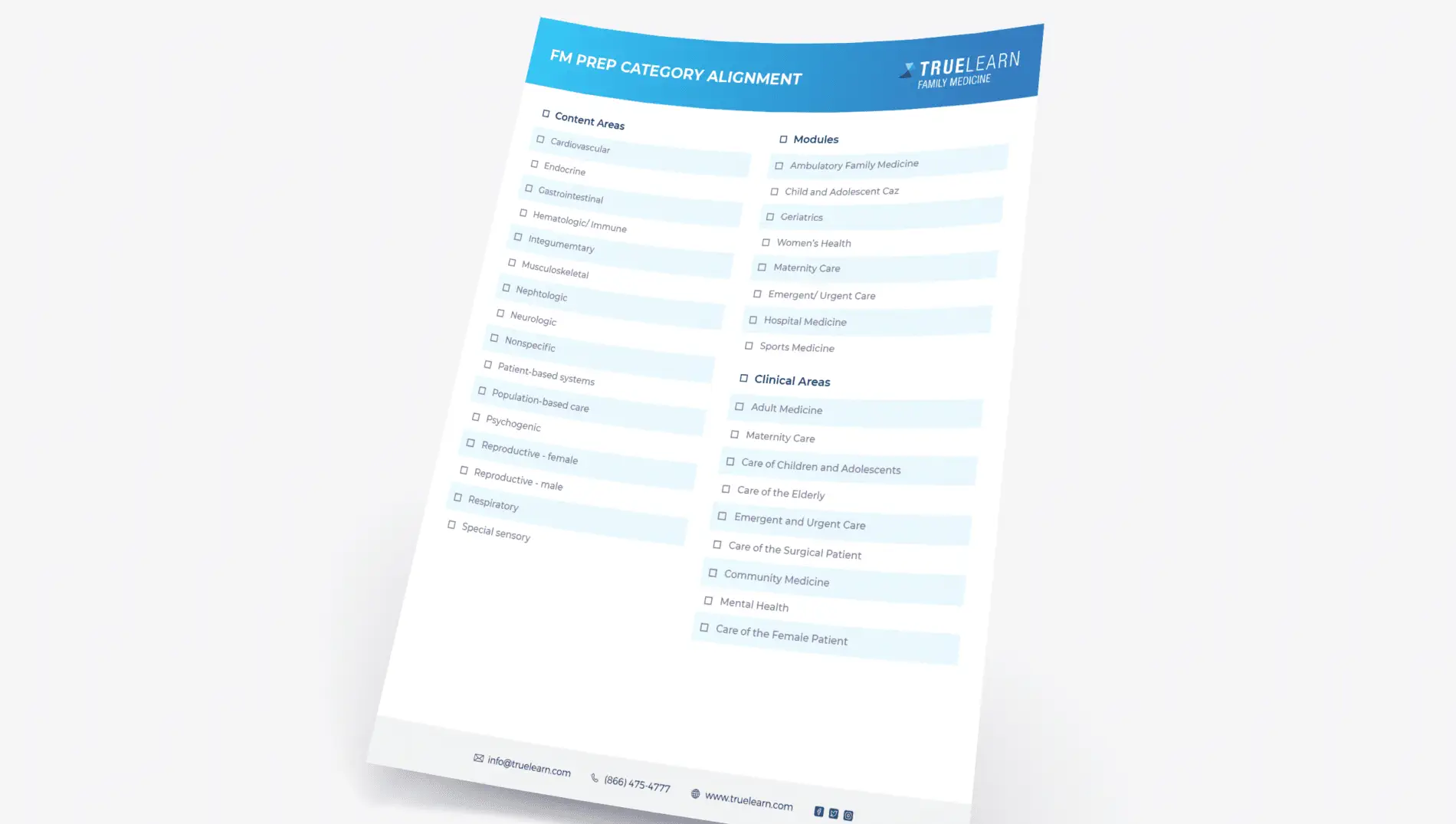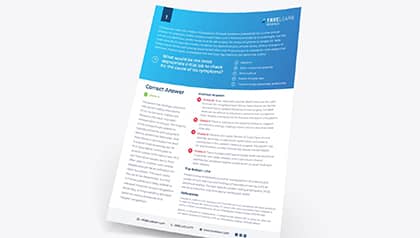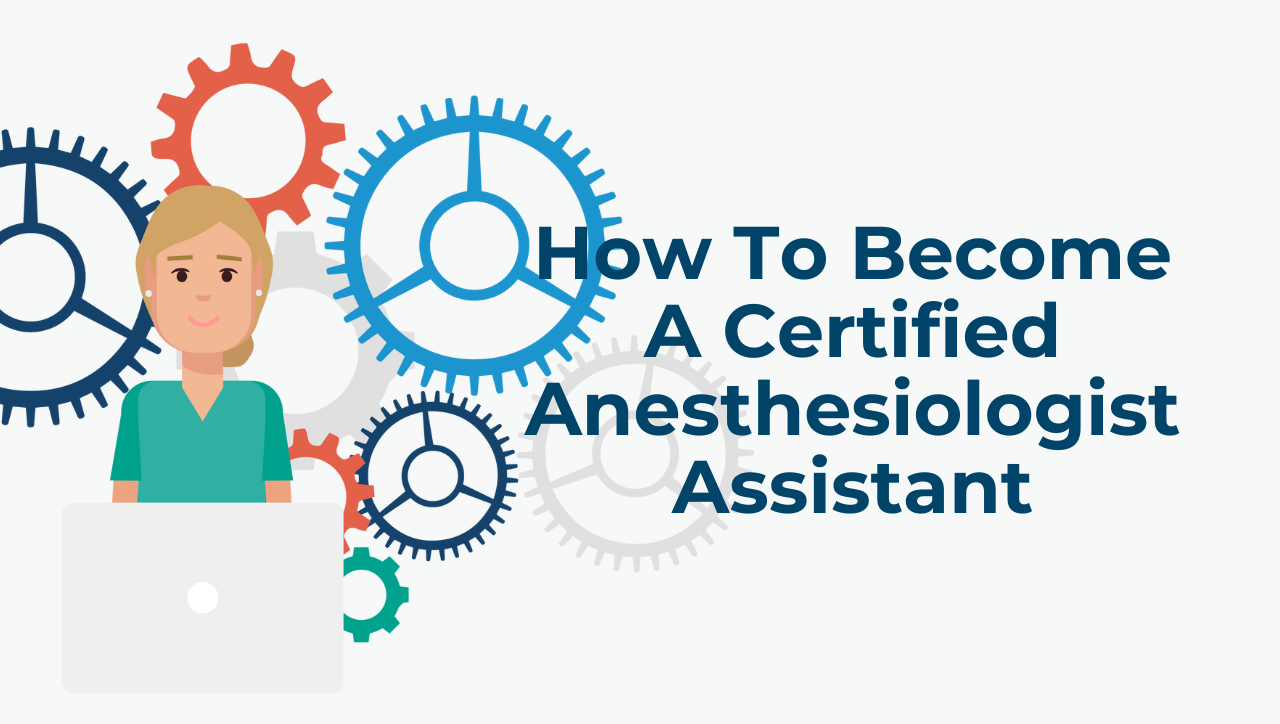NCCAA Certification Exam Breakdown: Everything You Need to Know
The National Commission for Certification of Anesthesiologist Assistants (NCCAA) administers the Certification Exam (CERT) in the United States. To prepare for certification, read our CERT breakdown.
As a pass-fail, multiple-choice exam, you can think of the CERT as the final stepping stone to becoming a certified anesthesiologist assistant. You must be at least 21 years old and have graduated from an NCCAA-approved education program to be exam-eligible. The NCCAA will also verify you meet entry-level clinical standards.
What is the NCCAA CERT?
The CERT ensures that certified anesthesiologist assistants (CAAs) have the knowledge and skills to practice anesthesia safely and effectively. It’s written by credentialed CAAs, board-certified physician anesthesiologists, and public representatives.
NCCAA CERT Content and Structure
According to the NCCAA, the exam content contains:
- Principles of Anesthesia (9%)
- Physiology, Pathophysiology, and Management (19%)
- Instrumentation, Monitoring, and Anesthetic Delivery Systems (15%)
- Subspecialty Care (31%)
- Pharmacology (15%)
- Regional Anesthesia and Pain Management (8%)
Content is divided into two blocks of 90 questions on the exam. In total, there are 180 multiple-choice questions.
How long do I need to study for the CERT?
You need a minimum of three months to study for the NCCAA CERT. We recommend using TrueLearn’s Anesthesiologist Assistant SmartBank to help you prepare with high-yield practice questions and thorough, quality explanations.
When should I take the exam?
The NCCAA CERT is offered three times a year, and candidates only have 2 years after their graduation date to schedule their first attempt. Thus, you should schedule your exam well in advance to allot for study time. Visit NCCAA.org to view available exam dates.
What happens if you don’t pass on the first try?
While the average NCCAA CERT pass rate for first-time candidates was 92% from June 2023 – February 2024, failing is a normal fear most candidates face. You have a minimum of six attempts to take the exam during your 2-year eligibility period. If you don’t pass on your first attempt, you must pay an additional $150 registration fee for every retake.
The best way to combat worry is to have a robust study routine and resources. TrueLearn offers a First-Time Pass Guarantee on 90+ day subscriptions, so you can study categories mapped to the NCCAA content outline and feel confident on exam day.
Top 3 Things You Need to Know for Test Day
Test day is always nerve-wracking but having all the information you need will help you avoid mishaps. Here’s what to expect.
- Fees: All fees must be paid before your exam date via the NCCAA website or application. The registration fee is $1,400. Late registration fees are $1,775.
- What to bring: Bring one form of a current, valid government-issued ID with your name, photo, and signature. You’ll be supplied a locker to store your personal belongings such as a wallet, keys, watch, or hat. Your belongings must fit in the locker. If they don’t, it’s best to leave them in your car. Phones are strictly prohibited from the exam room, and you won’t be able to access your items until after the exam.
- Exam schedule: Arrive at least 15 minutes before your scheduled test time. We recommend arriving even earlier since candidates who arrive 15 minutes late will not be admitted. On exam day, you can expect to follow the schedule below.
- 15-minute pre-test tutorial
- 110-minute block of 90 questions
- 15-minute break
- 110-minute block of 90 questions
- 10 to 15-minute post-test survey


